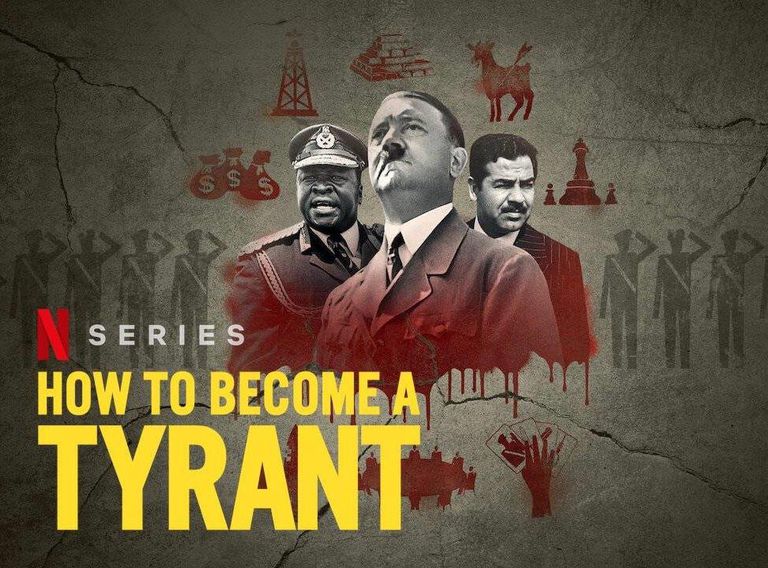
It is difficult to explain how advocacy for freedom and liberal democracy makes a difference in everyday life. Standing up for classical liberal principles and values often takes shape in articles, press releases, petitions and polite debates. Compared to picketing and public demonstrations or even violent protests, making good arguments that are founded on hard facts or credible data or draw on examples in history, simply don’t have the same perceived impact.
Translating how bad policies and ideas have an impact on the lives of ordinary people is central to the work we do at Freedom Advocacy Network (FAN). Our multi-media approach is effective in the work we do, but sometimes an entertaining film or series can leave an everlasting impression. There are two such Netflix originals which will reaffirm your appreciation for liberal democracy and embolden you to defend the freedoms that you – but not everyone – enjoy.
Cuba and the Cameraman
“What do you want people in United States to know?” John Alpert, the cameraman, asks. The Cuban man charismatically responds, “The year is 1995. I have to walk 100 m to get water and climb up stairs. I have a sick mother. There’s no medicine. And the hospitals are unable to help her. It’s no wonder everyone wants to leave. Everybody.” John asks: where to? “The United States,” the man responds. Later, he observes: “35 years of bad thinking. That’s the problem.”
The scene takes place in Havana, Cuba, over 20 years after Fidel Castro’s socialist ‘revolution’ began. This interaction is one of a handful of stories of ordinary Cubans which documentary film-maker John Alpert chronicles over a 45-year period, from the 1970s to 2016, in his 2017 film Cuba and the Cameraman.
While a stand-out feature of the documentary is the exclusive interviews and footage of Fidel Castro, Cuba’s leader from 1959 to 2008, it is the personal stories of rural farmers, an aspirant suburban family, and urban slum-dwellers that bring the fluctuating realities of living under socialist policies to life.
How to Become a Tyrant
Living one’s life dictated by fear is a difficult concept for most modern democratic countries – though we did get a taste of it with military-enforced Covid-19 lockdowns, and many South Africans will have memories of it from living under the apartheid regime. Liberal democracies are premised on individual liberty and personal freedom being central to the pursuit of a happy, successful life that is guided by agreed upon rights and responsibilities for all. Fear, on the other hand, has been a powerful tool in the hands of some of the most frightening dictators in history.
How to Become a Tyrant is a six-part docuseries exploring the ‘playbook’ the most tyrannical leaders have used to grab and maintain a chokehold on their countries. Each episode focuses on a different tactic from the authoritarian playbook used by despots from across the world, including the likes of Joseph Stalin in the Soviet Union, the Kim dynasty in North Korea and Idi Amin in Uganda.
Being from sub-Saharan Africa, the story of Idi Amin is particularly chilling. After his seizure of power in the early 1970s, Amin led a reign of terror through instilling doubt, suspicion, and anxiety in his people, and is alleged to have murdered around 500 000 people.
South Africa is in an economic malaise and has an unemployment crisis where close to 50% of people of working age are not in education and training, do not have job, or have simply given up looking for work. Viewed against this context, along with the ANC’s pursuit of expropriation without compensation and the country’s xenophobic tensions (fanned by irresponsible politicians), Amin’s policies of expropriating businesses and expelling 50 000 Ugandans of Indian descent in 1972 are frighteningly resonant.


These Netflix originals are entertaining and captivating. Cuba and the Cameraman captures what it is like to live under a socialist regime, while How to Become a Tyrant shocks you into keeping an eye out for characteristics that are found in murderous narcissistic leaders. Both productions will remind you to guard your daily freedoms, encourage you to hold the government to account and defend democratic institutions. Most importantly, they will reaffirm your appreciation for living in a liberal democracy.
Cover image source available here.
